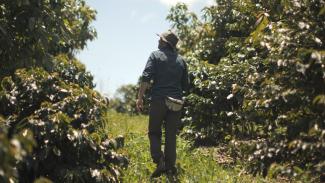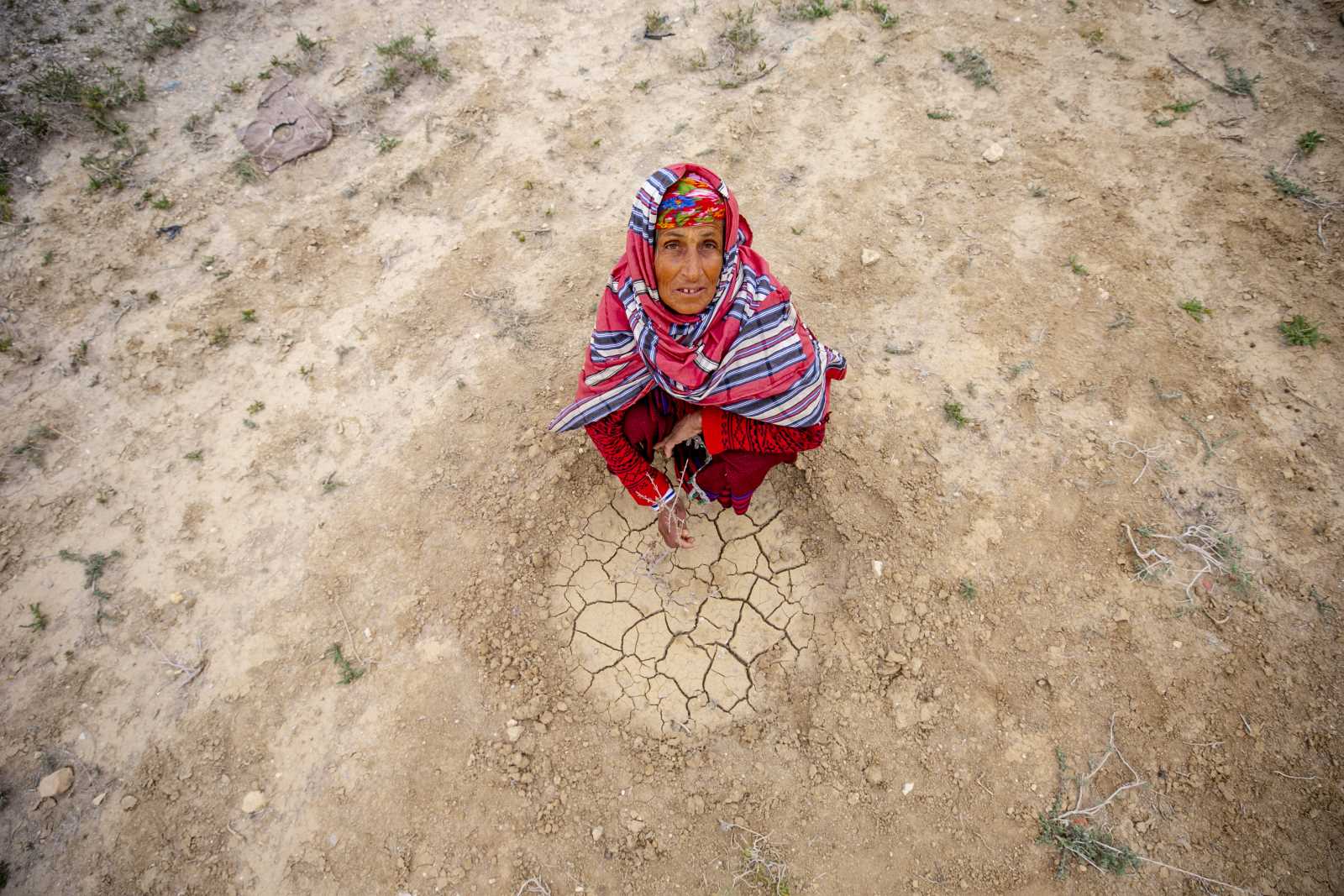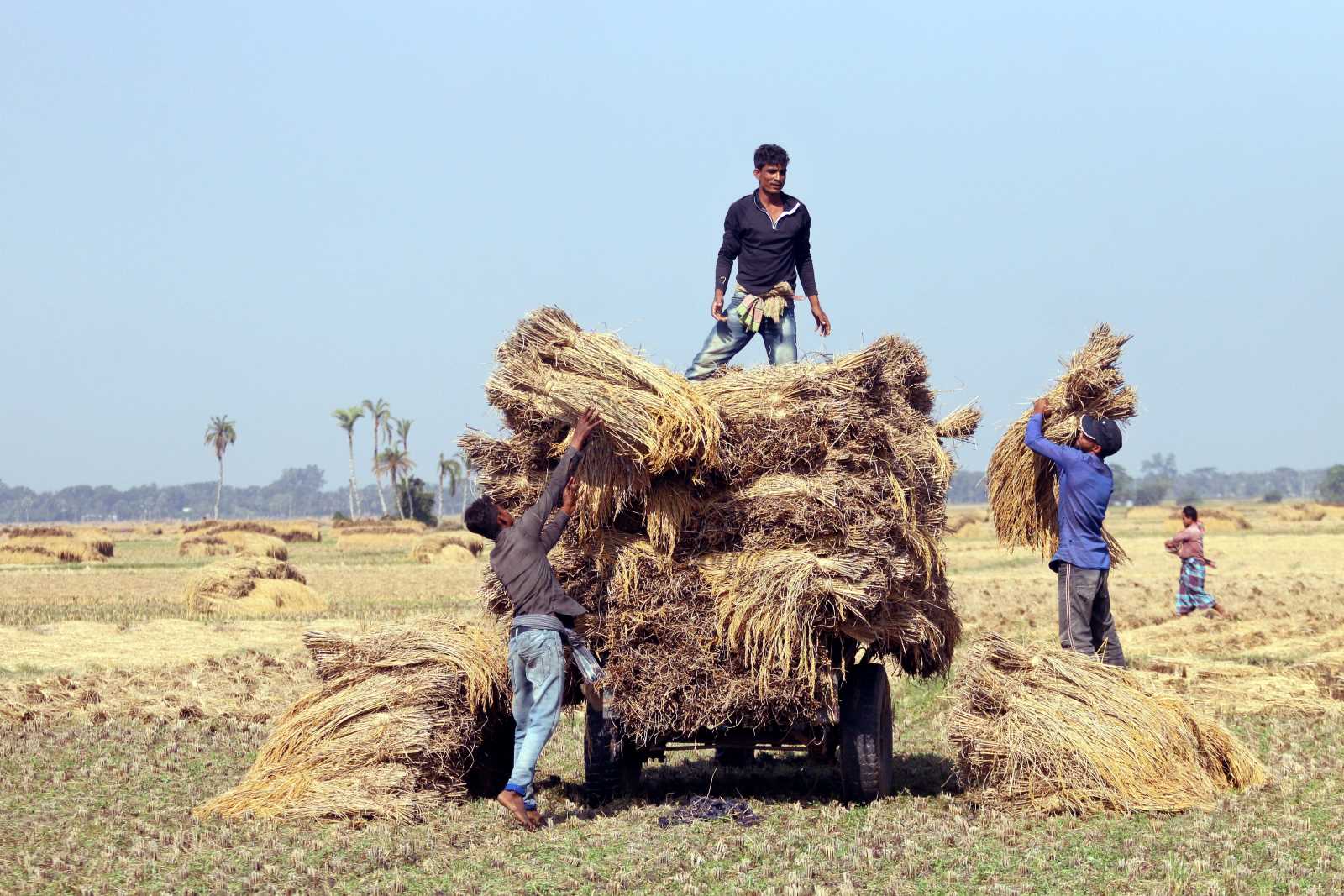Summer Special
Healthy soil, healthy climate

Industrial agriculture has been a credo of most rich industrialised countries since the 1950s. In North and South America, it accounts for the vast majority of farms. Agricultural areas there typically feature farms geared to mass production, with thousands of animals kept indoors and sprawling monocultures maintained by chemicals. Even among development policymakers, there are still some who advocate this method as a model for agriculture in Africa or Latin America – although it should be common knowledge by now that industrial agriculture is harmful to the environment, the climate and human health.
But one of the main arguments still rolled out is that industrial agriculture is the only way to feed the growing world population. The documentary “Kiss the ground” dispels this myth once and for all. The filmmakers point out that industrial agriculture destroys valuable humus, which acts as a natural carbon sink. In the long run, they explain, that leads to dead soil – soil that can only produce a crop with the help of agricultural chemicals.
The devastating consequences are already apparent. Two-thirds of the Earth’s land area has already turned into desert. Although the film presents horrifying images of dry, dusty fields and parched land, its message is by no means all doom and gloom. It gives plenty of hope – and astonishes the viewer. Desertification can be reversed by a different approach to farming: regenerative agriculture. The film shows examples in many parts of the world where it has worked. The most impressive involves a programme in China where an area the size of Belgium has been regenerated.
Footage from 1994 shows a hilly desert-like landscape and a desperately poor local population with precious little to eat and no educational opportunities for their children. Within 15 years, the area was transformed into a verdant landscape with a huge diversity of plants and trees. Millions of people have been lifted out of poverty, and local communities can now live on the crops they grow. And – the film points out – their children today attend the best universities in the country.
According to the filmmakers, all this is possible with the help of regenerative agriculture. The approach is based on a set of four principles:
- no tilling to avoid erosion,
- maintenance of a permanent green cover of diverse plants and trees,
- green manuring, using cover crops that are incorporated into the soil as shallowly as possible and as deeply as necessary to “feed” soil life and “rejuvenate” the substrate, and
- controlled grazing by hoofed animals, because grazing is vital to maintain and preserve grasses.
Advocates claim that regenerative agriculture restores the microbial processes – and thus the life – in the soil that tilling and chemicals destroyed. The soil is restored to health. Crops grown in it have a high nutrient content. Another fantastic effect, according to the makers of “Kiss the ground”, is that regenerative farming takes CO2 out of the atmosphere and stores it in soil and vegetation. This makes it possible, they say, to stop global warming within a relatively short time and even start cooling the climate down again within around 20 years. Climate activists also support the regenerative approach – which, among other things, is part of “Drawdown”, a project founded by American environmentalist Paul Hawken to identify and promote the most substantive carbon-reduction solutions.
In typical American style, the documentary “Kiss the ground” couches its message in simple, emotive language – which may not appeal to all viewers. But this fact – and the choice of well-known US actor Woody Harrelson as narrator – will help the filmmakers reach a broad and perhaps less aware audience. And that is absolutely necessary and important.
Film
Kiss the ground, 2020, USA, directed by Rebecca Harrell Tickell and Joshua Tickell.
https://kissthegroundmovie.com
https://kisstheground.com
Sabine Balk is member of the editorial team of D+C Development and Cooperation / E+Z Entwicklung und Zusammenarbeit.
euz.editor@dandc.eu














